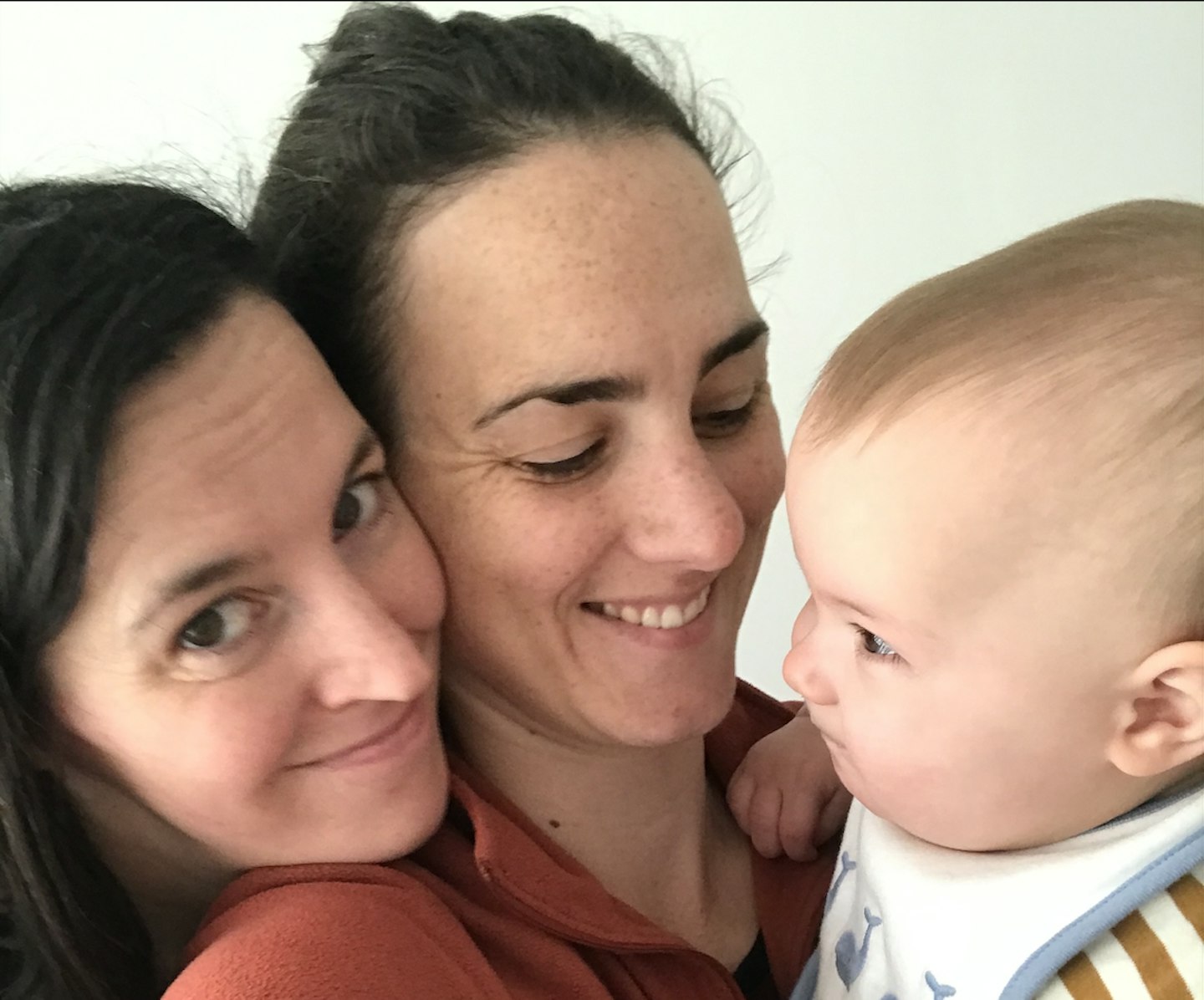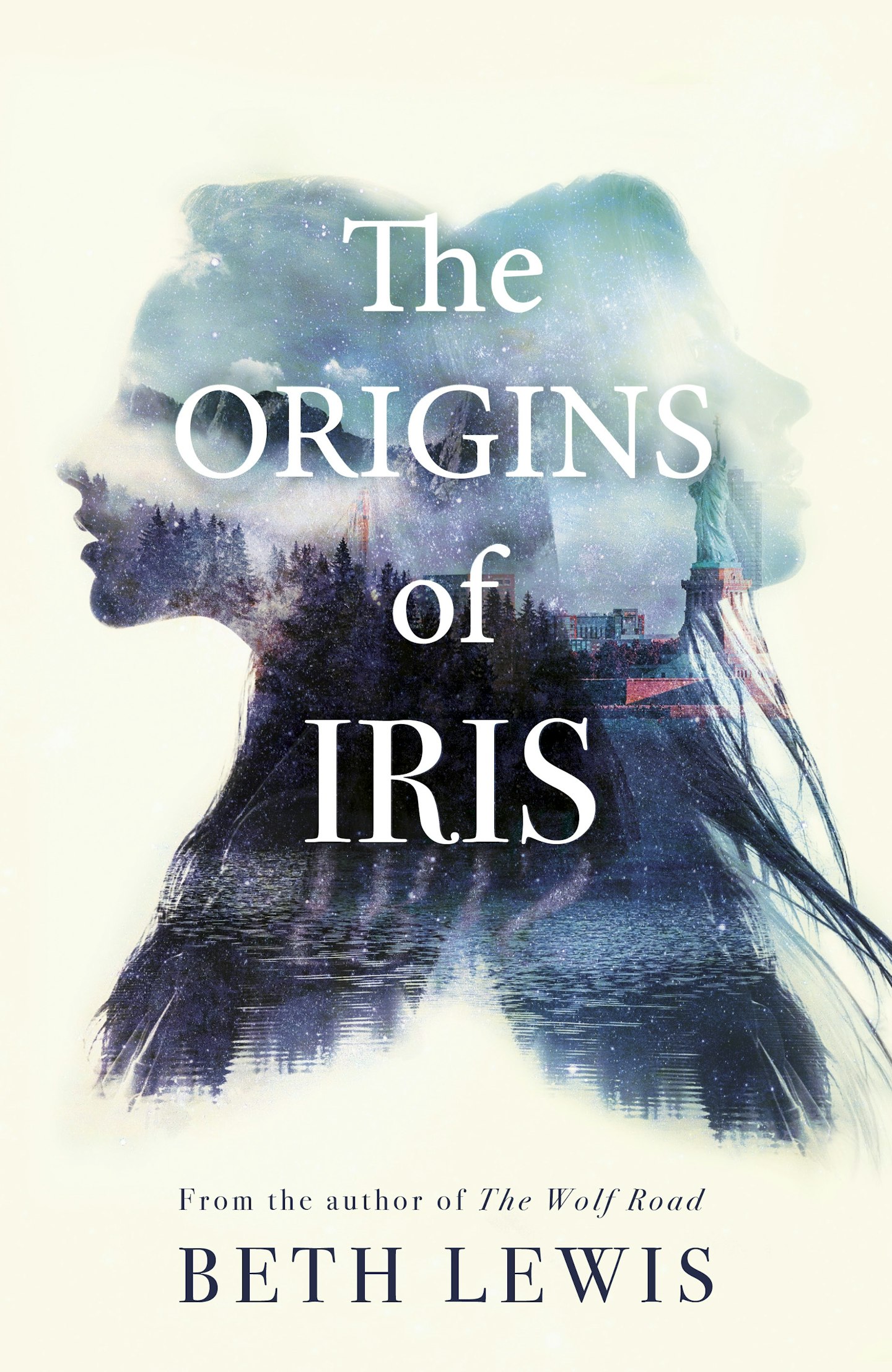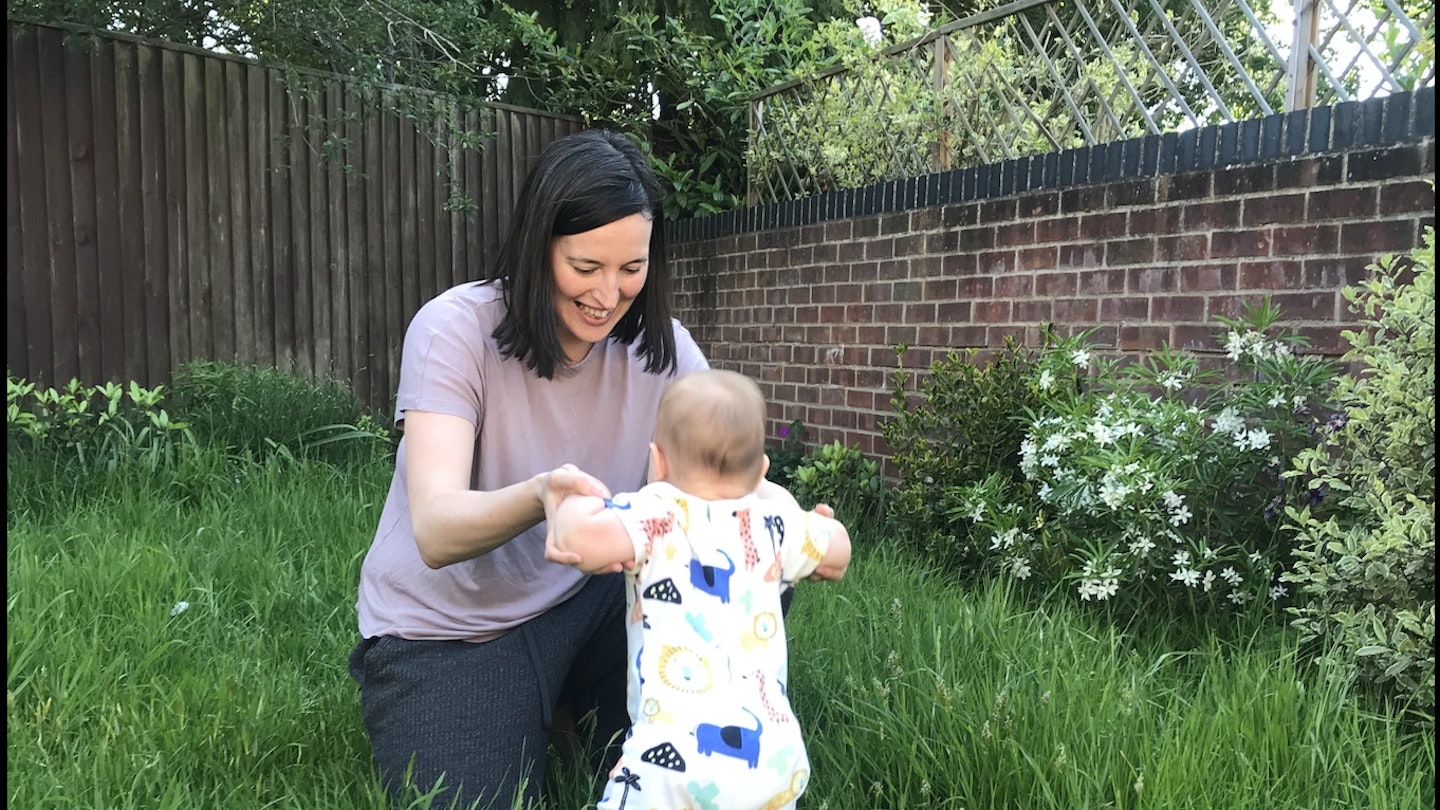We are in the health visitor waiting room. Thea, a few months old, is burbling to herself on my lap, while my wife checks her phone. There are three other families waiting, all women by themselves with their babies. We are the only couple in the room, and I feel the eyes on me. I think they are looking at me, knowing I don’t belong, that I am the baby’s aunt or a family friend, not the mother because somehow they can see through me. When it’s our turn, we go into the room where a stranger will weigh and measure our baby. We’re exhausted, we have no family nearby to help out and we’re hoping to get some much-needed advice and support. Instead, the woman looks at us and says, ‘who is the mother?’
‘We both are,’ we say and the look of disdain, of confusion, of frustration, almost jumps off her face. 'But who is the real mother?' She meant who gave birth, of course, and my world crumbles. My wife said she did, and the woman directed every question, every look, every moment to her, even though her questions had nothing to do with pregnancy or birth. I may as well not have been in the room. I wasn’t a Dad but, by their definition, I wasn’t a mother either. So who was I?
It’s not immediately apparent who has the biological connection to our daughter. Thea’s eyes are more like mine, but her mouth is more like my wife’s and her hair is lighter than both of ours. I used to love taking her out by myself because people would assume I was her mother. I wouldn’t have to explain, though, I felt like a fraud. I struggled a lot during that time. I would break down crying every time Thea wanted my wife for a cuddle instead of me. I would hold in the tears every time a family member told us she looked just like my wife as a baby. It was not easy.

There are no resources for women like me. We’re the 'Other Mothers'. We’re invisible. There are plenty of resources for what Dads should do but, frankly, the bar is so low it amounts to stacking the dishwasher once in a while and giving her a foot rub. How could I have that special mother-daughter bond with this gorgeous little creature if I didn’t give birth to her? When I tried to find information on mother-child bonding, it didn’t account for me. So I tried resources for adoptive parents, but that didn’t fit either.
After much research into the science of bonding, I learned it has absolutely nothing do to with biology or birth, only how much time and attention you pay to your child. DNA isn’t a mystical force that makes a bond with a child deeper or more meaningful. Once I discovered this, everything changed. If this information had been readily available to parents in my position, perhaps mentioned in an antenatal class, perhaps given by a health visitor, it would have saved me months of heartache and depression.
It took nearly a year until I felt like a real mother, and part of that was at six months when my wife stopped breastfeeding. Then we were on level footing. I was able to do Thea’s night feeds. I got up at 3am to soothe her. I am there when she falls down and grazes her knee. I am her mother, no ifs or buts or qualifiers, no 'other'. I am one of her two mums, and I won’t ever let myself feel like anything less again.

The Origins of Iris by Beth Lewis is available now in hardback, audio and eBook.
